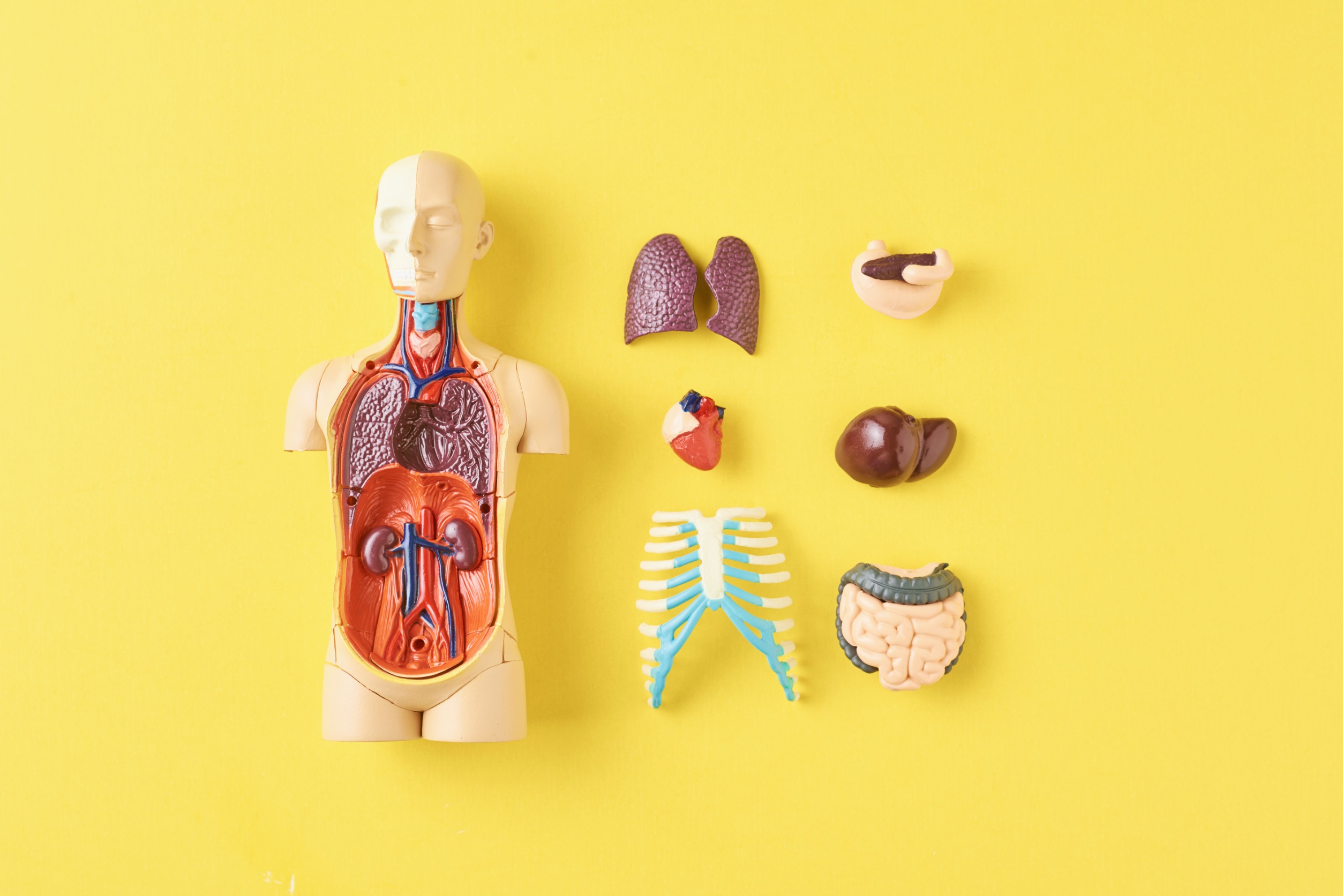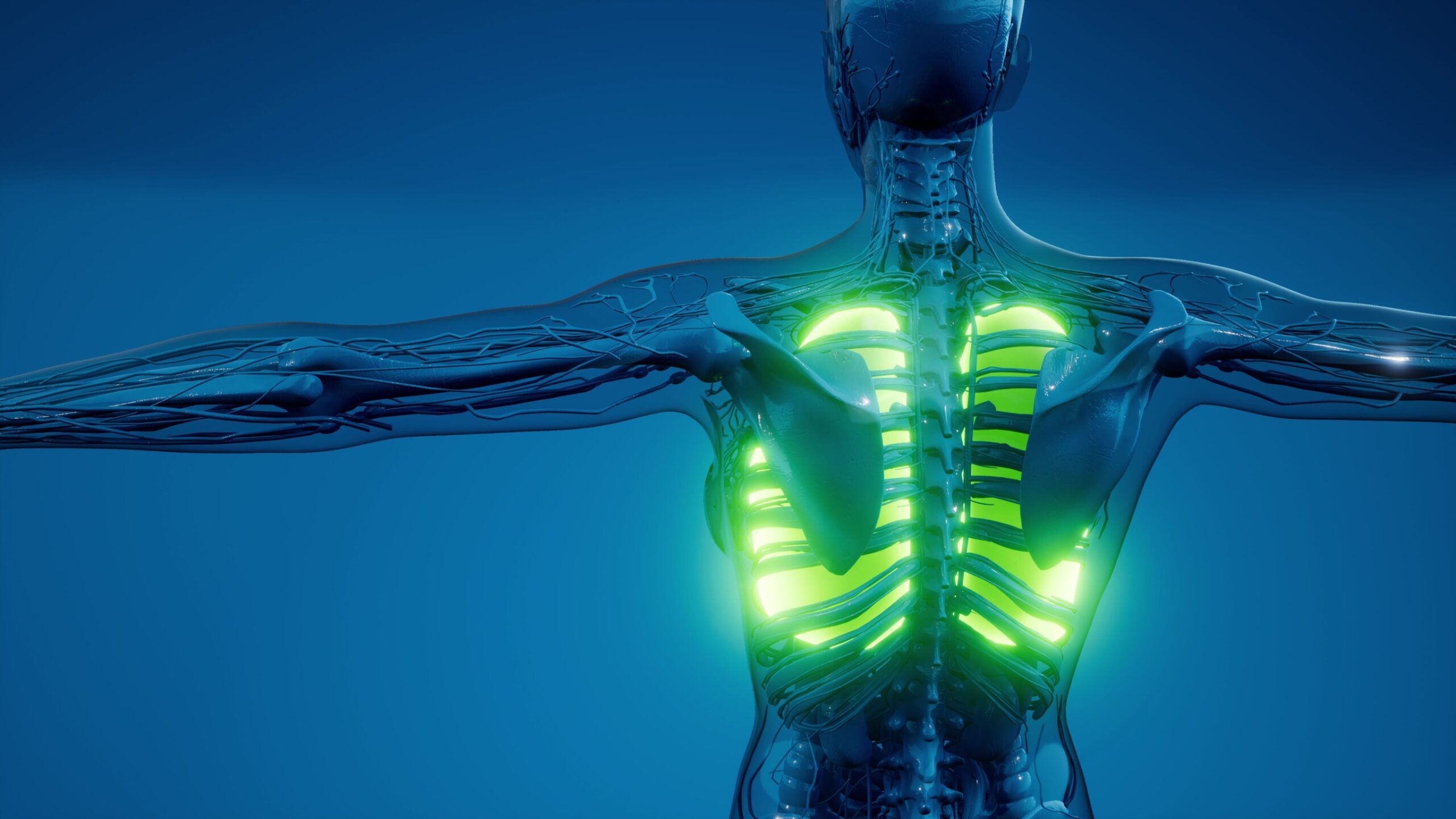123RF
The human body is a marvel of evolution, with its intricate systems and functions. From the brain’s complexity to the mysteries of our DNA, there’s a lot about our bodies that continues to fascinate scientists and laypeople alike. However, amidst the well-known facts, there are some peculiarities that often go unnoticed. Here are 10 strange facts about the human body that might surprise you.
1. You Have Unique Fingerprints

123RF
Fingerprints are one of nature’s intricate signatures, each as unique as a snowflake in a blizzard. Formed during fetal development, they are a blend of genetic predisposition and environmental factors. These ridged patterns not only provide friction for gripping objects but also serve as foolproof identifiers, crucial in forensic science and biometric security. Even identical twins, with their genetic similarity, boast distinct fingerprint patterns, underscoring the unparalleled individuality of these tiny, swirling designs.
2. You Produce Enough Saliva to Fill Two Swimming Pools

123RF
According to the Journal of Medicine and Life, the average person produces about 0.5 to 1.5 liters of saliva per day. Over a lifetime, that’s enough to fill two large swimming pools! Saliva is essential for digestion, oral health, and even wound healing, showcasing the incredible efficiency and adaptability of our bodies. Despite its abundance, saliva often goes unnoticed until its absence, highlighting its vital role in everyday life.
3. Goosebumps Date Back to Our Ancestors

123RF
According to Harvard Medical School, goosebumps, also known as piloerection, are a physiological response triggered by the autonomic nervous system in response to cold temperatures, fear, or emotional arousal. When we experience these stimuli, tiny muscles at the base of hair follicles contract, causing the hairs to stand on end. This reaction is an evolutionary remnant from our ancestors, who would puff up their fur to appear larger or trap more air for insulation when threatened or cold. While less functional in humans, goosebumps still serve as a vestigial response, often accompanying strong emotional experiences.
4. Tongue Prints Are as Unique as Fingerprints

123RF
Tongue prints, like fingerprints, are unique to each individual and can be used for identification purposes. The tongue’s surface is covered in tiny papillae, each with a distinct pattern, creating a unique imprint. While not as commonly used as fingerprints, tongue prints have been explored as a potential biometric identifier due to their uniqueness and stability over time. However, research into their practical application for identification purposes is still ongoing.
5. You Hear Your Own Voice Differently

123RF
When you hear your voice in recordings, it often sounds different from what you hear when speaking. This is because when you speak, you not only hear the sound transmitted through the air but also vibrations conducted through your skull, which give your voice a fuller, deeper tone. This discrepancy between internal and external perception can sometimes be surprising or disorienting when hearing recordings of our own voices. How you hear your own voice differently is one of the many strange facts about the human body.
6. Gut Feelings Have a Scientific Basis

123RF
The gut is often referred to as our “second brain” due to its extensive network of neurons. This enteric nervous system not only regulates digestion but also communicates with the central nervous system, influencing mood and behavior. Hence, phrases like “gut feeling” or “butterflies in the stomach” may have a scientific basis. It’s no wonder that gut health is now linked to conditions like anxiety and depression.
7. Humans Emit Visible Light

123RF
While bioluminescence is commonly associated with certain marine organisms like jellyfish and fireflies, recent studies suggest that humans might possess a form of bioluminescence as well. It’s proposed that this bioluminescence might be very faint and linked to biochemical reactions involving reactive oxygen species (ROS) within our cells. However, the exact mechanism and purpose of this bioluminescence, if it exists, remain subjects of ongoing research and debate within the scientific community. In 2020, scientists discovered that the human body emits visible light, though it’s too faint for the human eye to detect without specialized equipment.
8. You Can Survive without a Significant Portion of Your Organs

123RF
Humans can survive without certain organs due to the body’s remarkable ability to adapt and compensate. For instance, individuals can live without a spleen, as other organs like the liver can assume some of its functions, such as filtering blood and fighting infections. Similarly, while the removal of one kidney can impair renal function, the remaining kidney can often manage the body’s filtration needs adequately. Even portions of the digestive system, like the colon, can be partially removed, with the small intestine adapting to absorb nutrients more efficiently. While such adaptations may require lifestyle adjustments and careful medical management, they highlight the incredible resilience and adaptability of the human body.
9. Rapid Eye Movement (REM) Sleep Paralyzes You

123RF
During REM sleep, when most dreaming occurs, your body essentially becomes paralyzed, except for your eyes and certain muscle groups involved in breathing. This paralysis prevents you from acting out your dreams and potentially harming yourself while asleep. Contrary to what many might think, the brain doesn’t slow down when you go to sleep. In fact, it’s more active during the night than during the day. This increased activity is crucial for processes such as memory consolidation, problem-solving, and emotional processing. Recent studies have even linked specific brain waves during sleep to creativity and learning.
10. Your Sense of Smell Adapts to Your Environment

123RF
Have you ever noticed that you stop smelling a strong odor after a while, even though it hasn’t dissipated? This phenomenon, known as olfactory adaptation, occurs when your brain becomes accustomed to a constant smell and filters it out to focus on more relevant scents. It’s why you might not notice the aroma of your own home but can immediately detect unfamiliar smells elsewhere. This adaptation serves to prevent sensory overload and allows humans and animals to detect changes in their environment more effectively, making it one of many strange facts about the human body.
Our Unique Bodies

123RF
These strange facts about the human body serve as a reminder of the incredible complexity and uniqueness of our biology. Despite centuries of study, there’s still much to learn and discover about ourselves, keeping the journey of exploration ever fascinating.
Read More
9 Cities Where Millennials Are Moving And Why
Protecting Your Practice: 5 Essential Insurances Every Small Hospital Doctor Should Have
The post 10 Strange Facts About the Human Body You Never Knew appeared first on The Free Financial Advisor.
Read the full article here
















